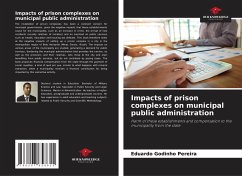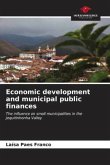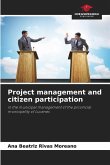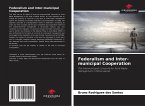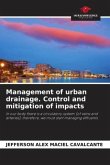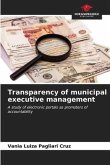The installation of prison complexes has been a constant concern for municipal governments, given the negative impacts that these establishments cause for the municipality, such as an increase in crime, the arrival of new residents (usually relatives of inmates) and an overload on public services such as health, education and housing tax defaults. This book therefore looks at the negative impacts of setting up a prison complex in a city in the metropolitan region of Belo Horizonte (Minas Gerais, Brazil). The impacts on various areas of the municipality are studied, generating a demand for public services, burdening the municipal administration that provides the service, as well as the prisoners and their relatives, who move to the city and start benefiting from public services, but do not contribute by paying taxes. The book proposes financial compensation from the state through the payment of social royalties, a kind of quid pro quo, similar to what happens with mineral extraction, when a municipality receives a financial contribution for being impacted by this extractive activity.
Bitte wählen Sie Ihr Anliegen aus.
Rechnungen
Retourenschein anfordern
Bestellstatus
Storno

